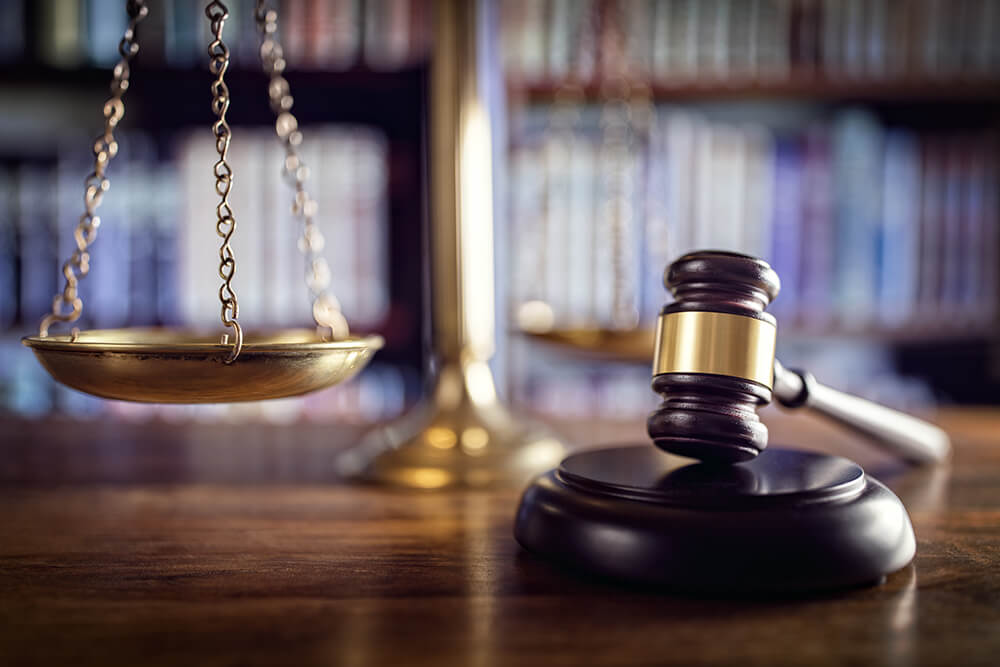
February 3, 2015
Recent protections offered to those considered whistleblowers by the federal government and the court system are intended to encourage people to come forward when they have information about illegal activity or wrongdoing. Those who choose to speak out about information are rewarded with settlement money and assistance restoring their lives – specifically the ability to return to their jobs – following successful prosecution based on their reports.
The goal of the program is to encourage people who know of wrongdoing to come forward so the legal system can take action.
One such case involved former Department of Homeland Security Air Marshal Robert MacLean and a case involving a potential terrorist attack. MacLean became a whistleblower when he went public with information about hijacking threats and a lack of security to protect against those threats and found himself out of a job once it was determined he was the leak.
MacLean’s case was unique because it turned whistleblower protection efforts against an administration that, up until this point, had fully supported the protection programs. Had the government won against MacLean, it would have indicated to future potential whistleblowers that protection was not always guaranteed.
The Supreme Court recently found in favor of MacLean against the Obama administration with a 7-2 decision, proclaiming the former Air Marshal eligible for whistleblower protection under the Whistleblower Protection Act.
Now, for MacLean to return to his job in federal law enforcement, it must be determined that he “… reasonably believed his disclosure was evidence of a substantial and specific danger to public health or safety.”
MacLean Went Public with Information about Canceled Missions after Hijacking Reports
The case began when MacLean disclosed information about a 2003 potential plot to hijack airplanes. Air Marshals, including MacLean, were warned by the Department of Homeland Security’s Transportation Security Administration (TSA) of the potential attack. A few days later, the TSA canceled missions out of Las Vegas’ McCarronAirport as a budget saving measure.
MacLean, believing the cancelation to be dangerous based on the potential of an attack, approached his supervisor and the TSA’s inspector general, but his efforts were to no avail. He then leaked information of the potential attack to MSNBC and within 24 hours the decision to cancel missions out of Las Vegas were reversed. Three years later it was discovered by the government that MacLean had been the leak and he was fired for revealing sensitive information.
While the disclosure was prohibited by agency regulations, it was not illegal; an important distinction because it means MacLean is protected under the whistleblower law because his actions were within the law. According to the Supreme Court, had the government’s interpretation of what constitutes law prevailed, it would defeat the purpose of whistleblower protections.
Public Safety an Issue for Both Sides
Government attorneys argued that providing whistleblower protection to MacLean and employees in his type of position could endanger public safety. The court recognized the case raises legitimate public safety concerns, but still found in favor of MacLean.
The Office of Special Counsel which is charged with protecting whistleblowers said of the case, “(it raises grave concerns) that agencies could abuse their regulatory power to over-designate the information that is to be prohibited from disclosure as a means of suppressing a broad swath of information and stifling whistleblowers. Likewise, agencies may selectively enforce such broad regulations to punish and deter whistle blowing. This danger is not far-fetched. After all, whistleblower protection laws exist because government officials do not always act in the nation’s best interests.”





